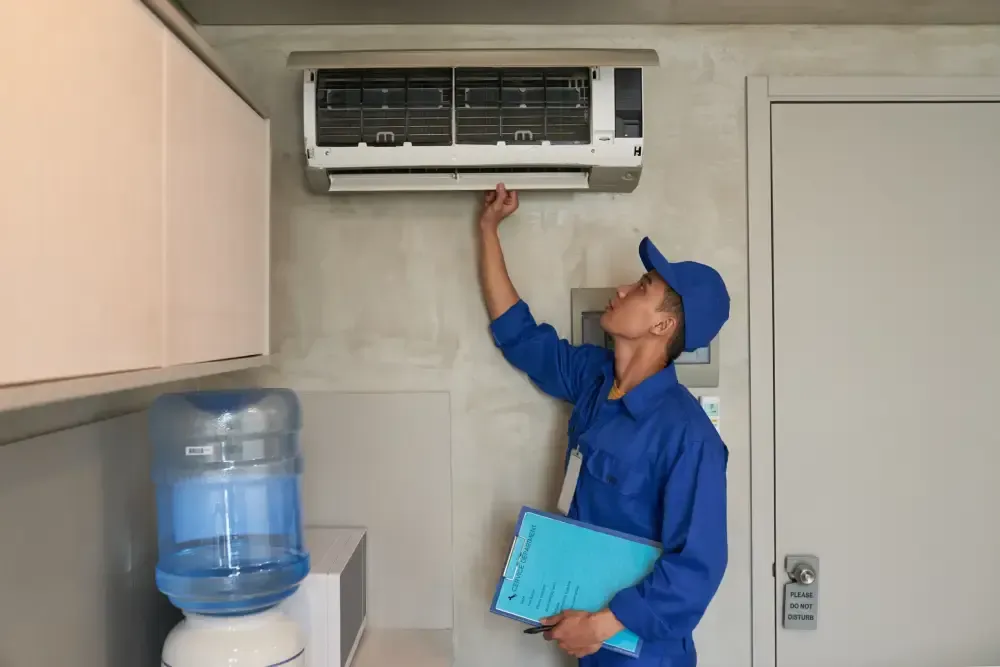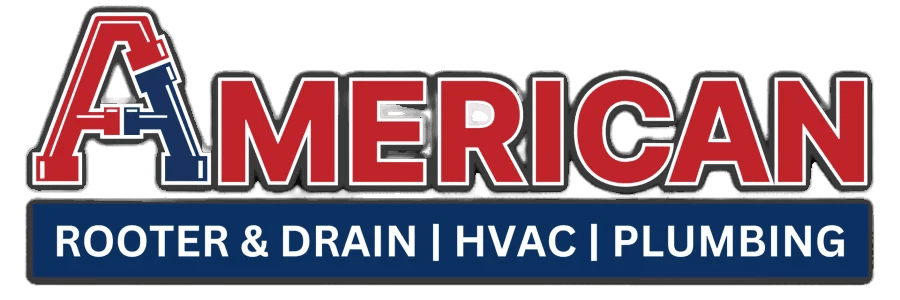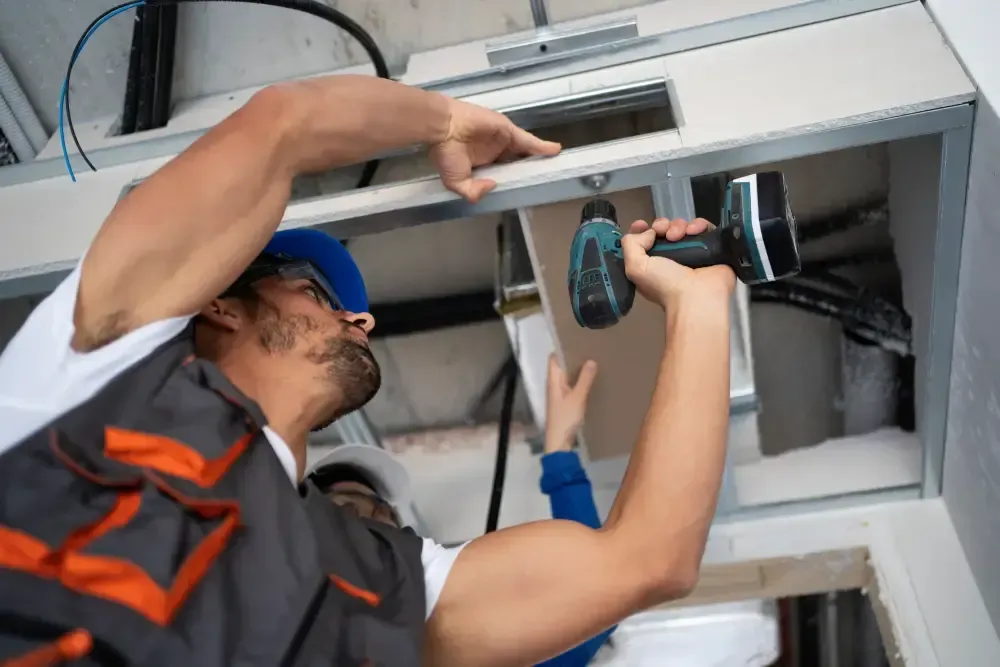How Regular HVAC Maintenance Can Save You Thousands in Repairs
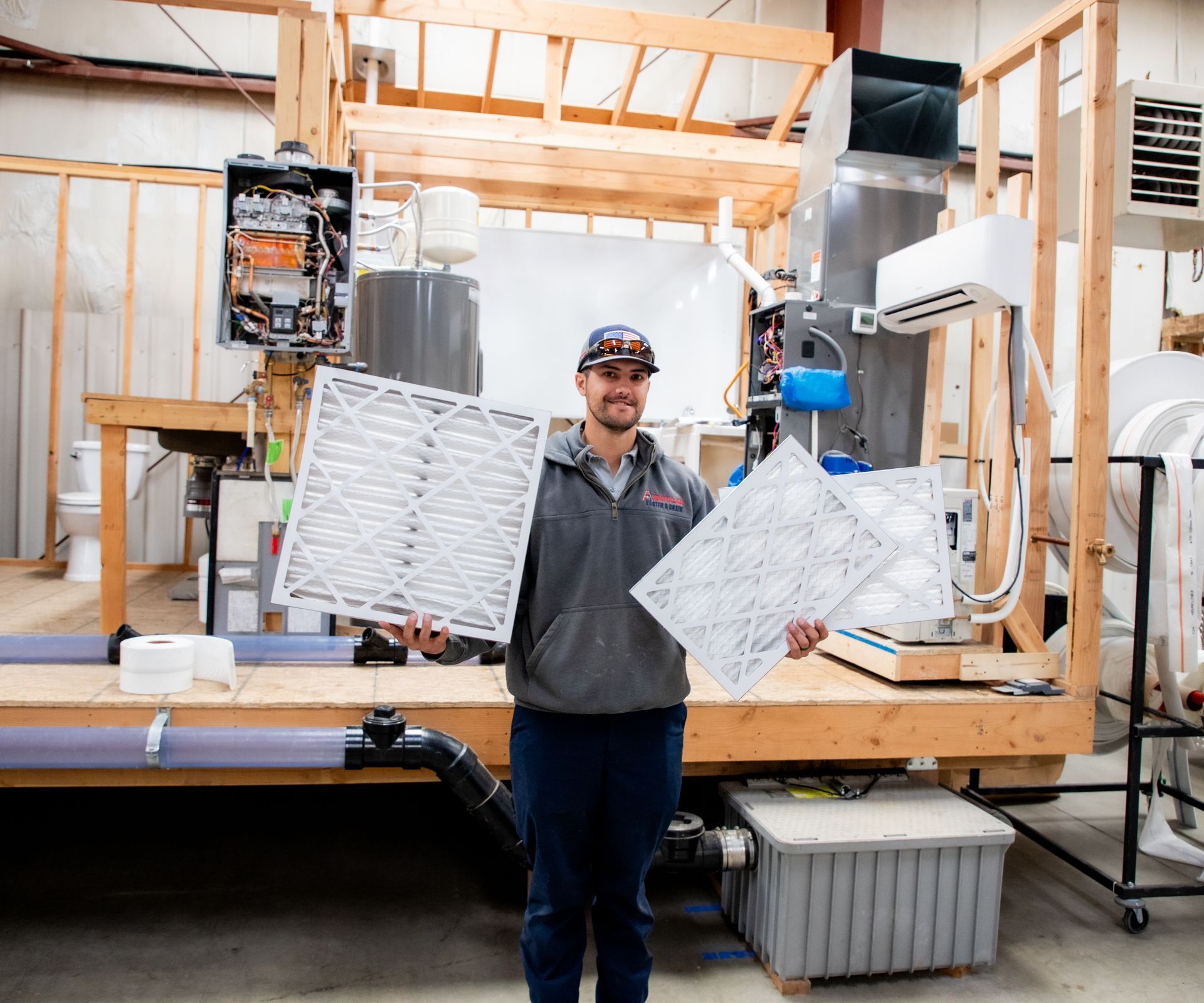
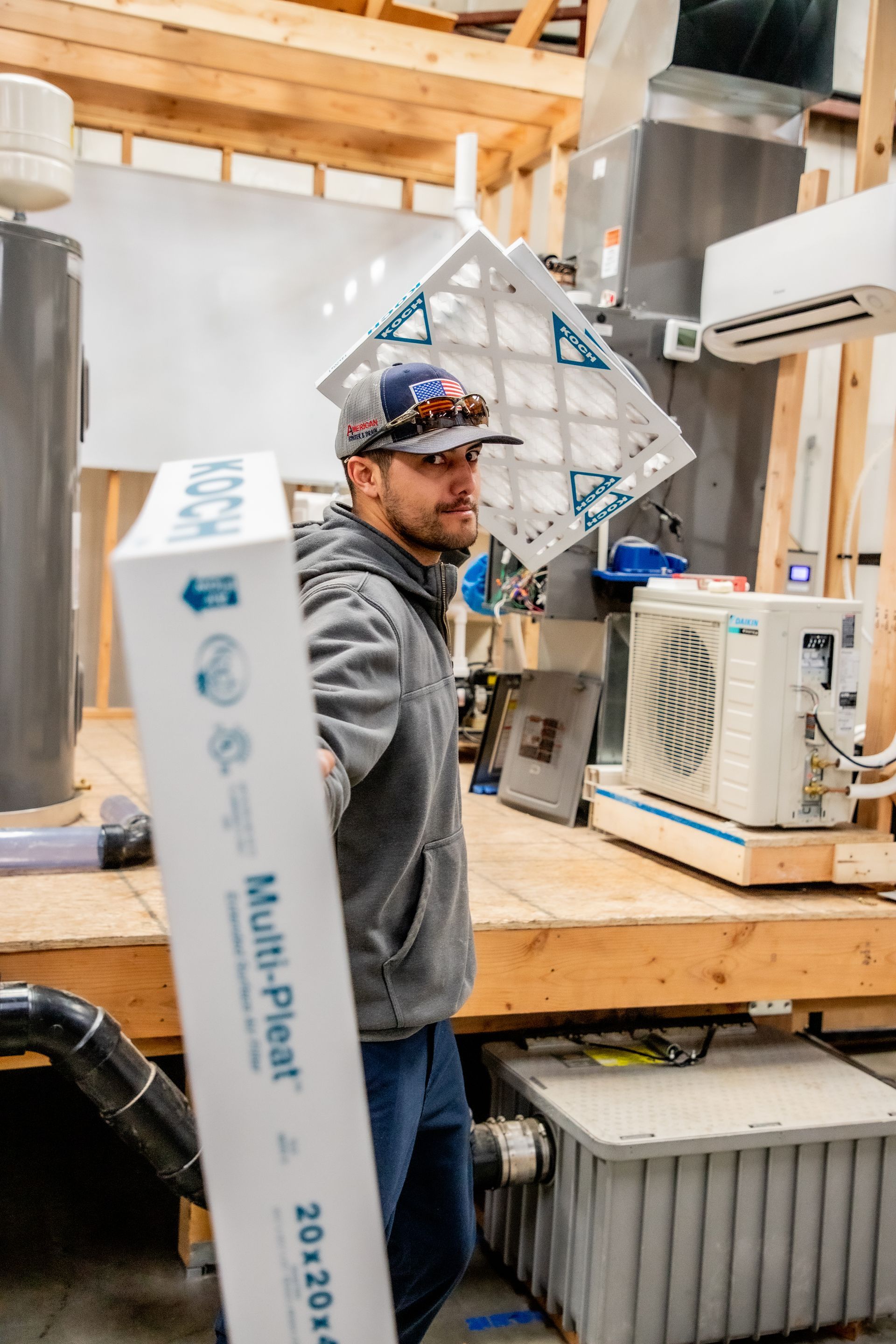
What Are the Benefits of Regular HVAC Maintenance?
How Does HVAC Maintenance Improve Indoor Air Quality?
One of the most significant benefits of regular HVAC maintenance is the enhancement of indoor air quality. Over time, dust, allergens, and pollutants can accumulate in your air conditioning unit and ductwork, leading to poor air quality that can affect health and comfort. Regular maintenance services include changing air filters, cleaning ducts, and inspecting the entire HVAC system to ensure that air is circulating freely and cleanly throughout your home. By investing in HVAC maintenance, you not only improve the efficiency of your heating and cooling systems but also create a healthier environment for you and your family, reducing the risk of respiratory issues and allergies.
What Are the Cost Savings Associated with Regular HVAC Maintenance?
Cost savings associated with regular HVAC maintenance can be substantial. When HVAC systems are well-maintained, they operate more efficiently, consuming less energy and lowering utility bills. Moreover, regular maintenance can prevent small issues from escalating into major repairs. For instance, a simple inspection and tune-up could identify a failing component before it causes a complete breakdown of your furnace or air conditioner. Temperatures can fluctuate dramatically, so having a reliable HVAC system is crucial. Investing in regular maintenance can help you avoid costly repairs in the future, ultimately saving you thousands of dollars.
How Can Regular Maintenance Extend the Life of Your HVAC System?
Regular HVAC maintenance significantly extends the lifespan of your HVAC system. Most heating and cooling systems have a lifespan of 15 to 20 years when properly maintained. Regular inspections and tune-ups ensure that all components are functioning correctly, preventing undue wear and tear. Seasonal changes can put a strain on HVAC systems; consistent maintenance helps keep your air conditioning and furnace in top shape, allowing them to operate efficiently for many years. Investing in routine maintenance not only protects your HVAC system but also provides peace of mind knowing that you won’t have to replace your unit prematurely.
How Often Should You Schedule HVAC Maintenance?
What is the Recommended Frequency for HVAC Tune-Ups?
The recommended frequency for HVAC tune-ups is at least once a year, ideally before the heating or cooling season begins. Scheduling an annual inspection ensures that your system is ready to handle the demands of the upcoming season. For those with older units or specific concerns, biannual tune-ups may be beneficial. Regular AC maintenance helps keep your air conditioning unit running smoothly during the hot summer months and ensures that your furnace is prepared for the cold winters in Idaho.
How Does Seasonal Maintenance Affect Your Heating and Cooling System?
Seasonal maintenance plays a vital role in the performance of your heating and cooling system. Each season presents different challenges for your HVAC system. For example, during summer, your AC unit will work harder to cool your home, making it more susceptible to breakdowns without proper maintenance. Conversely, your furnace must perform efficiently during winter months to keep your home warm. By investing in seasonal maintenance, you ensure that your HVAC system is prepared to tackle the challenges of each season, ultimately leading to fewer repairs and extended system life.
When is the Best Time to Request HVAC Service?
The best time to request HVAC service is during the shoulder seasons—spring and fall. Scheduling maintenance during these periods allows technicians to address any issues without the urgency that comes with extreme weather conditions. This timing also ensures that your air conditioning and furnace are operating efficiently when you need them the most. By planning ahead and requesting HVAC service during these off-peak times, you can often benefit from more flexible scheduling and potentially lower costs.
What Does HVAC Maintenance Include for Air Conditioners and Furnaces?
What Are Common HVAC Maintenance Tasks for Air Conditioning Units?
Common HVAC maintenance tasks for air conditioning units include cleaning or replacing air filters, inspecting the refrigerant levels, checking electrical components, and cleaning the condenser coils. Technicians also look for any signs of wear in the AC unit that could lead to future breakdowns. Regular air conditioner maintenance ensures that your system operates efficiently, keeping your home cool during the summer while preventing costly repairs down the line.
What Specific Checks Are Performed During Furnace Maintenance?
During furnace maintenance, technicians perform specific checks that include inspecting the heat exchanger for any cracks, cleaning the burners, and ensuring that the blower motor is functioning correctly. Additionally, they will check the thermostat's accuracy and ensure that all safety features are operational. Regular furnace maintenance is crucial, especially during the cold winter months, to ensure that your heating system operates safely and efficiently.
How Do Technicians Inspect Ductwork During Maintenance Visits?
Technicians inspect ductwork during maintenance visits by looking for leaks, blockages, and signs of wear. They may use specialized tools to assess airflow and check for any signs of dust or mold buildup inside the ducts. Proper ductwork inspection is essential because it directly affects the efficiency of your HVAC system and the quality of indoor air. By ensuring that your ductwork is clean and functioning optimally, you contribute to the overall efficiency of your heating and cooling system.
What Are the Signs That Your HVAC System Needs Repairs?
How Can You Detect Issues in Your Air Conditioning System?
Detecting issues in your air conditioning system early can save you from costly repairs. Common signs that indicate your AC unit may need repairs include unusual noises, reduced airflow, and an increase in energy bills. If you notice that your air conditioning is not cooling your home effectively or is cycling on and off frequently, it may be time to request service. Addressing these issues promptly can prevent more significant problems and ensure your system runs efficiently through the hot summers.
What Symptoms Indicate Your Furnace Requires Immediate Attention?
Several symptoms indicate that your furnace requires immediate attention. If you experience inconsistent heating, strange odors, or a sudden increase in utility bills, these may be signs of a malfunctioning furnace. Additionally, if your furnace frequently shuts off or fails to start, it's crucial to contact a technician right away. Winters can be harsh, ensuring that your furnace operates efficiently is essential for both comfort and safety.
How to Understand Warning Signs from Your HVAC System?
Understanding warning signs from your HVAC system involves being attentive to changes in performance and efficiency. Pay attention to odd sounds, fluctuating temperatures, and any unusual smells that may emanate from your HVAC unit. Regularly monitoring your system and scheduling maintenance can help you catch these warning signs early, preventing costly repairs and ensuring that your heating and cooling systems operate smoothly throughout the year. By being proactive, you can maintain a comfortable home environment while avoiding unexpected expenses.
